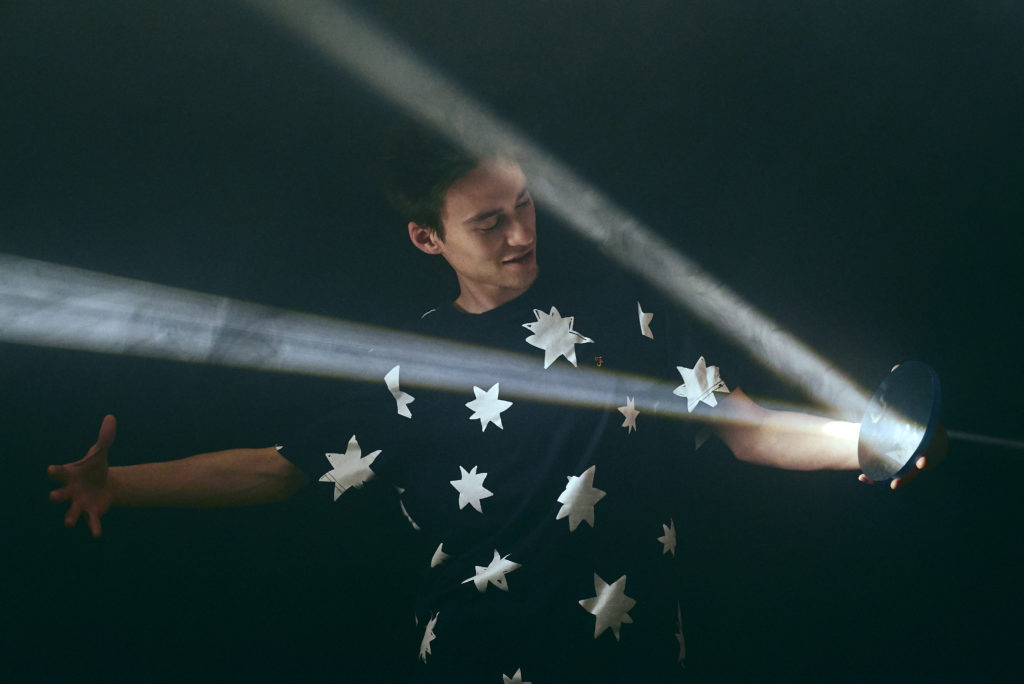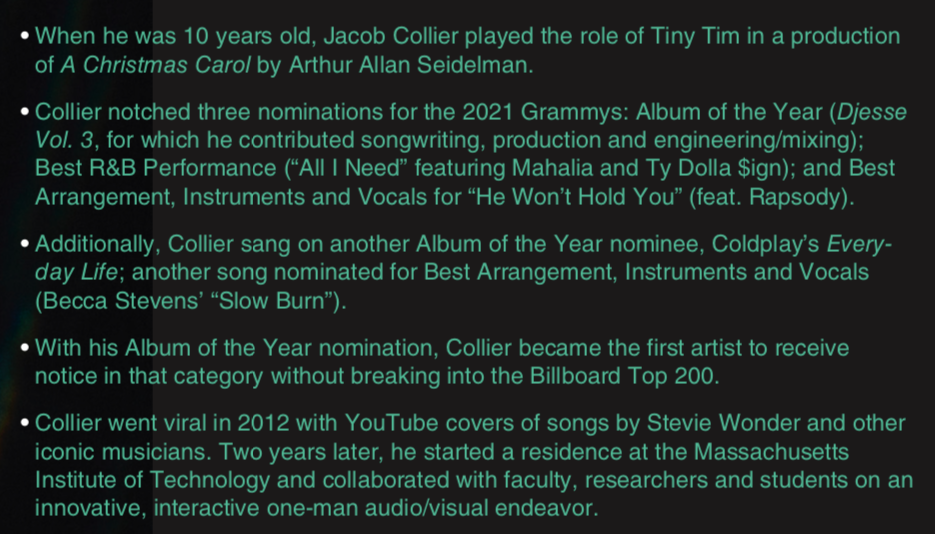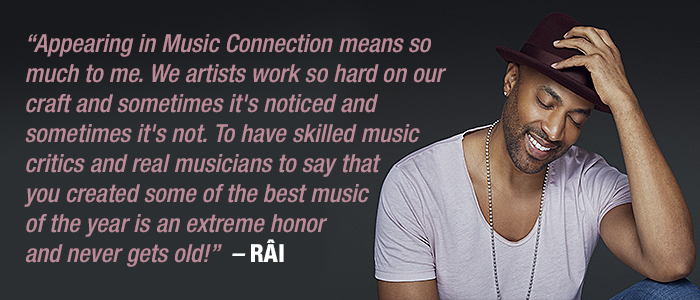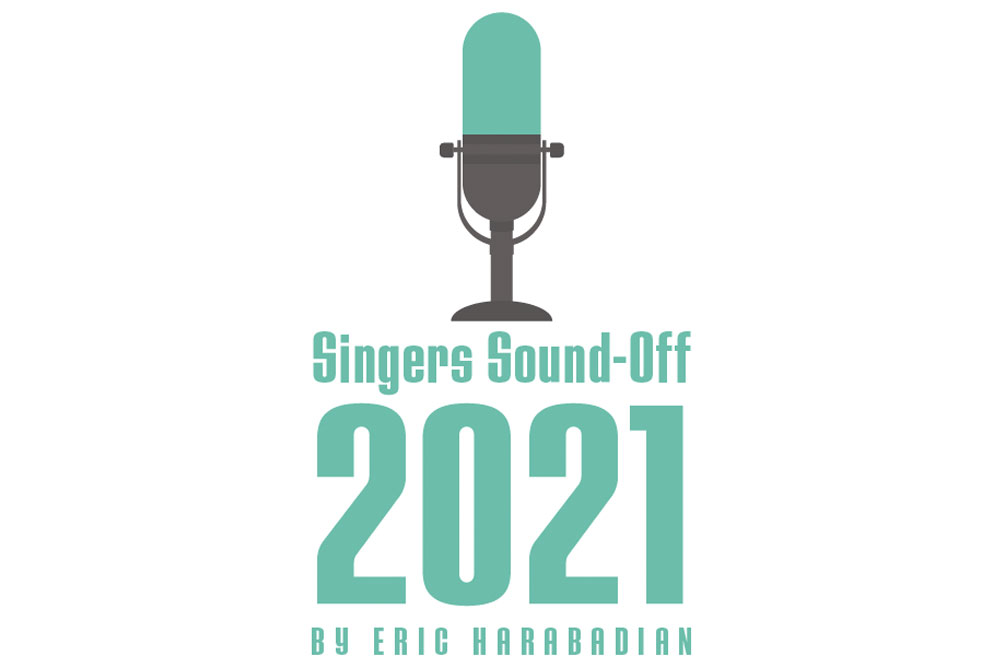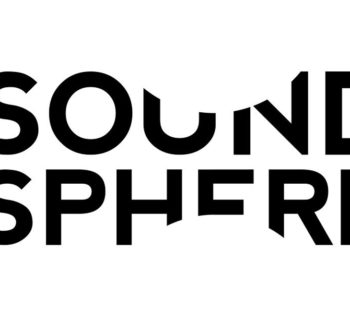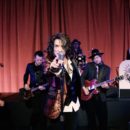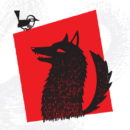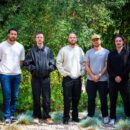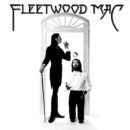It’s a weekday afternoon in late February, less than two weeks before 26-year-old music prodigy Jacob Collier would venture Stateside to add another gold statue (his 5th) to his collection of Grammys, and he is psyched about some breaking news. In the past 48 hours, the multi-hyphenate, impossible-to-categorize virtuoso learned he can finally start to reroute the tour plans that he—like so many of his peers—had to table due to the COVID-19 pandemic.
“It’s always such a thrill to be among the people,” he said via telephone from his home studio in North London. “It’s always nice to connect with people in real life.”
That may sound like a candidate for understatement of the year, until one is reminded that Collier built the bulk of his artistic foundation by himself, recording in the aforementioned studio and touring initially by playing a litany of instruments onstage by himself. For the one-time juggler of musical instruments, making music has been a single, solitary process until quite recently.
Even in the social media age, it is a tall order for a musician to market himself while eschewing genre and other labels, transcending to a level most artists can’t achieve until deep into their career. But with dedication to his craft, a singular focus on learning music theory to its fullest capacity—and with mentor Quincy Jones in his corner—Collier is proving himself able to do so.
It was on that note that Music Connection caught up with Collier for a lengthy conversation about his upbringing, his aspirations and his already-impressive number of achievements (including, after March 14, five Grammys).
Music Connection: How how did you manage to establish yourself outside genre, particularly as a young artist? How did you avoid getting pigeonholed?
Jacob Collier: When I was about 16 or 17, I got interested in jazz and was fascinated by musical harmony in particular. I wanted to dig deeper into musical learning and encountered the construct of classical music. I started to understand the subsets of melody but never really saw the point of [labeling my music by genre]. It makes it easier for people to sell music, but ultimately I thought it would be really unhelpful.
I really want to change genres, push them. I found myself borrowing musical language [from a number of areas of sound] and then wanting to make a series of albums that would span them all. So I embarked upon Djesse [a four-volume project].
Djesse Vol. 1 [which features the Metropole Orkest] is essentially an orchestral album and borrows from that sound world. Vol. 2 revolves around alternative folk guitar strumming. This latest album [Vol. 3, released in August], shows a more romantic side of my music, and [incorporates more] digital music.
So many of my friends who are musicians and people who I really respect tend to incorporate all sorts of different flavors. Our job as musicians is to express the world as we experience it. I’ve always been such a sponge of different genres. I find it gratifying.
MC: Who did you identify as models for crossing genres?
Collier: I think there were different people who were doing it different ways. Stevie Wonder has this unique ability to combine the language of Motown with the language of jazz with the language of songwriting and storytelling. And it was all based around the theme of joy.
MC: Do you recall the first time you heard Stevie Wonder or the first time music in general had an especially strong impact on you?
Collier: It’s a great question. I have a memory of sitting on my mother’s lap, probably about 1 or 2 [years old], and watching her play the violin. My mom is a super-special musician who gave me a huge connection to play with music as a language. She would play me everything from Stravinsky to Bjork. But one of my earliest memories was the sound of her violin. I can remember discovering Stevie probably [when I was] about 4 or 5 five years.
MC: What a wonderful, heartfelt gift it must have been to invite your mother to guest on Djesse Vol. 1.
Collier: Oh, absolutely. It was a magical, special moment. When I was a 7-year-old, I got access to a computer program called Cubase, which is basically multi-tracking software. I could play piano, drums and keyboard, and I started to build on it. Then I had singing lessons and reached the point where I wanted to explore music even more.
I would buy a used electric bass or guitar. I kind of knew what I wanted to do, but I didn’t have any technical skill whatsoever. So it was almost reverse-engineering music out of the instrument. It was a pretty scrappy, unconventional way of getting results.
MC: Can you talk more about harmonization, perhaps in more layman’s terms?
Collier: Yeah, sure. So, musicians like to think of music as being rhythm and melody and harmony. Harmony is how the notes fit together. There are multiple ways of harmonizing every single melody that exists. I gradually start to stretch it into further and further realms of complexity, density—and, in so doing, I try to surprise myself as much as I can.
MC: So you don’t subscribe to the theory that there are a finite number of songs that can be created?
Collier: No, I don’t subscribe to that at all. [Laughs.] I think we get used to certain systems being paramount. There is one particular way of organizing essentially infinite frequencies into a 12-step system, by which I mean there are 12 notes within every octave. But we haven’t even scratched the surface of all the songs that can be written. There is a great, unending amount of songs that can exist.
MC: One of your most impressive accomplishments is discovering a key that hadn’t previously existed. How did you know when you had done that, and how did you verify the key hadn’t existed?
Collier: I was determined to try to find a totally new terrain. I wanted to achieve a key change that did not just go from one key to another, but from one key to another that did not exist. And I found a half-flat that did not exist on the piano. With the power of technology, you can achieve all sorts of things nowadays.
MC: Just to clarify, were you only formally taught in singing? Did you pursue music theory on your own?
Collier: I was self-taught until I was about 18 years old. Then I went to music school for a couple of years. I was mostly doing just piano. I experimented on my own and came up with my own language and rhythmic language. I was already making YouTube videos at the time and things were beginning to happen. But I’m fundamentally a self-taught musician.
MC: Could you have existed as a musician in an age when so much technology isn’t available to create music?
Collier: I think I would have found a way to make it work. But I’m proud to be alive at this time. It’s a really connective time, if you’re determined to make it so. You can kind of do anything, create something new. There are so many resources that you can have in your own home. But maybe I would have been an astrophysicist or an English teacher if I had lived at a different time.
MC: Your music encompasses a joyfulness similar to what you described finding in Stevie Wonder’s material. Did that come up in your initial conversations with Quincy Jones?
Collier: Oh, man. He’s such a godfather to so many people. He’s reached millions of billions of people. His musical legacy stretches through so much history and so many storytellers. He arranged for Ella Fitzgerald, Billie Holiday, and countless band leaders and bands.
We’ve talked about music a lot. He has a kind of joy that still shines through, even though the industry has changed a lot over the last 70 years.
He’s been very, very encouraging to me about doing things on my own terms and in my own time. When he first called me up, I was completely gobsmacked. I was very protective of my music. I didn’t want to be labeled. I didn’t want to give up any of my creative control. I didn’t want to be forced to do anything that I didn’t want to do. I knew that I had a journey ahead of me and a process I wanted to do myself.
We would just hang out and be friends. Talk about music and what it meant to him to work with legends. He’ll say, “Oh, one time I was over at Stravinsky’s house …” He can talk about those legends as human beings, not just legends.
MC: A lot of the artists you’ve cited as influences—Sting, Stevie Wonder, Michael Jackson—they really branched out into different areas of music later in their careers, not at the beginning. Did that topic ever come up in your conversations with Quincy Jones?
Collier: We didn’t really talk about it too much. I guess we didn’t plan anything out. I think he trusted my space, and I trusted him too. A lot of people move into more challenging areas. And in some ways I’m doing the opposite. I started in the depths of musical harmony and rhythm and figuring out how to get this language to the mainstream, into pop music.
He is an example of someone who really, as the first black music composer, transcended many, many different sounds and brought people together. He’s the great teacher. He says you have to be making a life, not a living.
MC: That’s very sage advice. Did he also guide you in organizing the Djesse project?
Collier: Yeah, absolutely. I had so much material. I wanted to bridge cultures, languages —American folk music, African music … take little ingredients that will fit together to make a big puzzle. It’s really very satisfying when you get the arrangement right.
MC: How much material do you still have on hand?
Collier: I’ve got like a hundred demos. It’s just insane. But, you know, I create all the time. And the Jacob in 2021 is such a long way away from the Jacob in 2017. I have a ton of insane collaborations for Vol. 4 that I cannot disclose. But I’m really, really excited they’re going to be a kind of conclusion to four years of my life.
MC: To touch a bit more on one more topic you brought up earlier, what was the breakthrough moment when you went from being a solitary musician to being a musician who is open to collaboration?
Collier: The moment of truth for me was after I finished my first album, which I recorded here in this room. It was a really purely solitary thing that I produced. The one-man show was great; it was basically me at the center of certain instruments, including a piano and drum kit and percussion and keyboards, guitars, all sorts of stuff. And I would be essentially re-creating the sensation of being here in my studio. And it taught me so much. I can’t begin to tell you, you know, as a major introvert and somebody who does things that are quite difficult … to be onstage took some degree of learning, and I had to learn how to be sustainable energetically, because it was really exhausting over the course of those 250 shows. By the end, I was completely hooked. I just couldn’t get enough.
But there was a massive transformation. By the end of the tour, I wanted to connect with musicians in a much bigger way. And so I figured if I could do something collaborative, I may as well do it in the biggest way I could. I made a list of musicians that I wanted to collaborate with, and to my delight, I achieved a higher understanding of different people’s worlds.
MC: Given the halt that came with the pandemic, to where do you want to travel the most when you’re able?
Collier: I think I just want to go to Iceland and do nothing. I want to go to Reunion Island, which is off the east coast of Madagascar.
MC: Is there one genre or sound that you would like to explore a bit deeper?
Collier: I’d like to get more into heavy metal. And Bulgarian pop and folk music.
MC: Speaking with probably the only musician on the planet who is simultaneously exploring metal and Bulgarian folk music, it’s been an honor speaking with you.
Collier: Oh, you’re so welcome. The pleasure was all mine.


